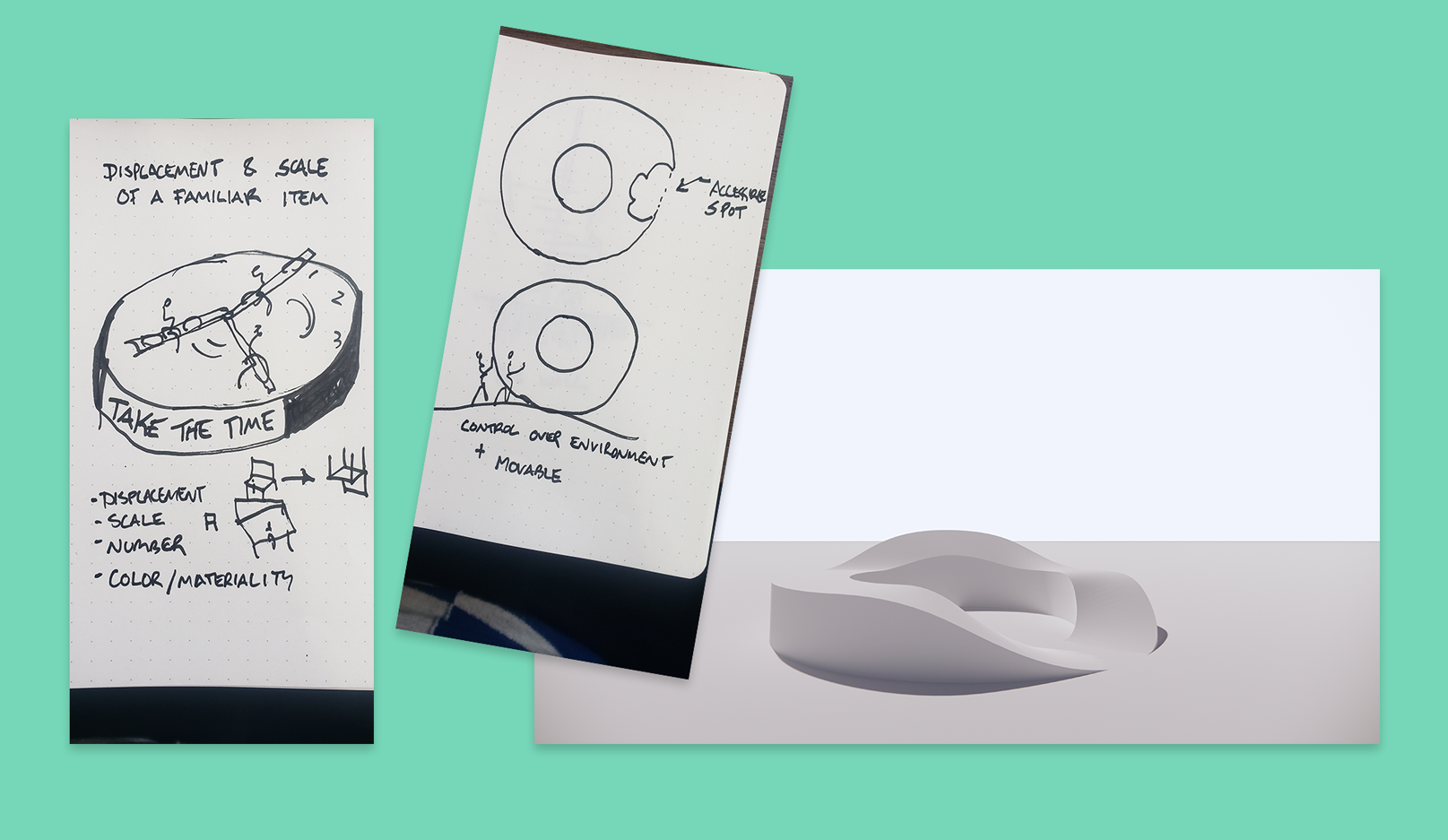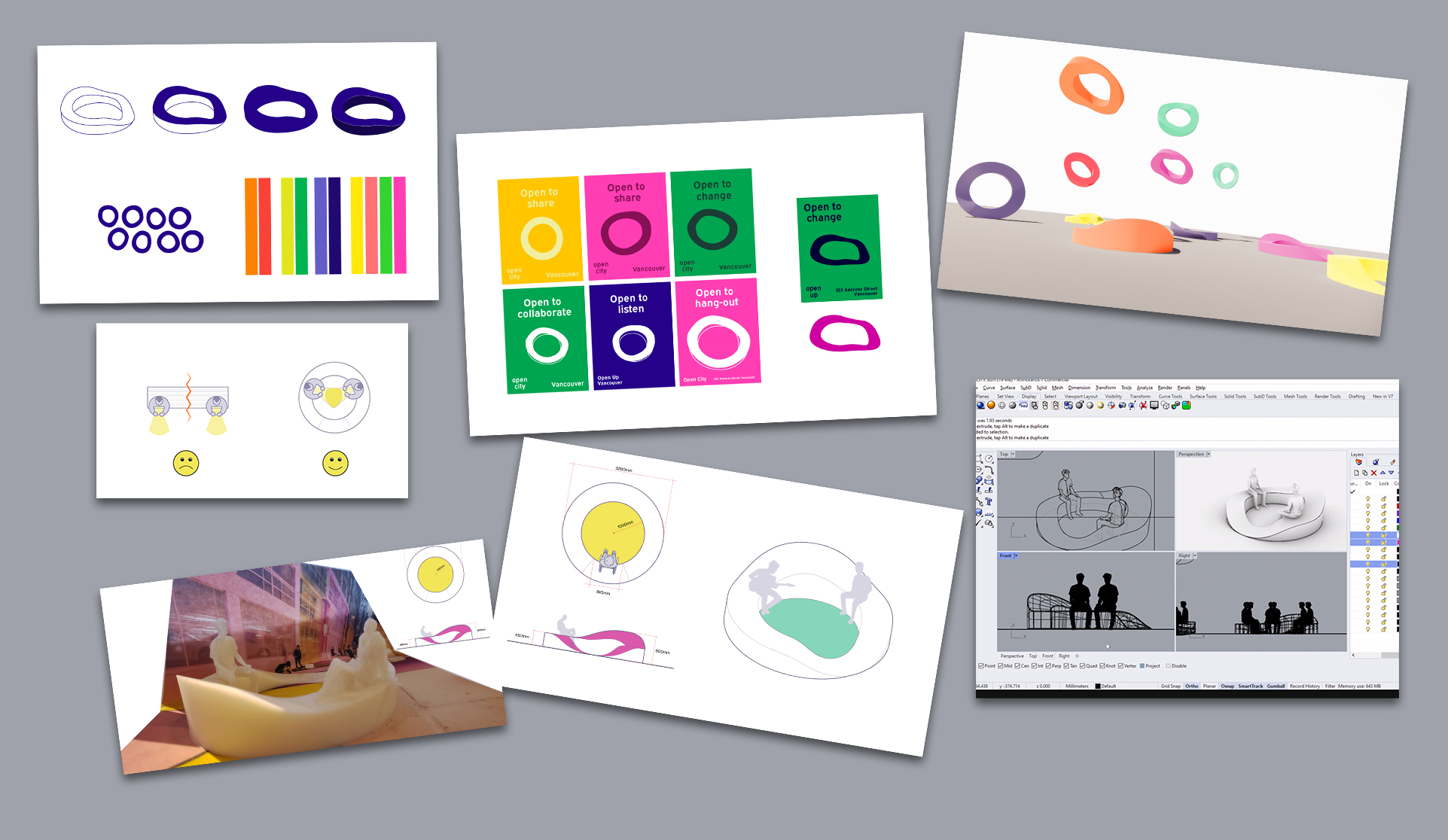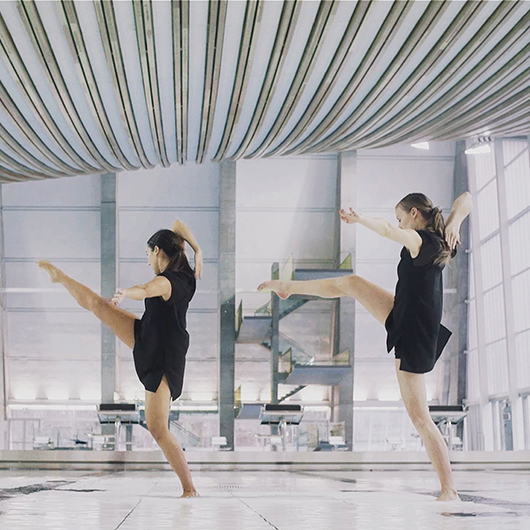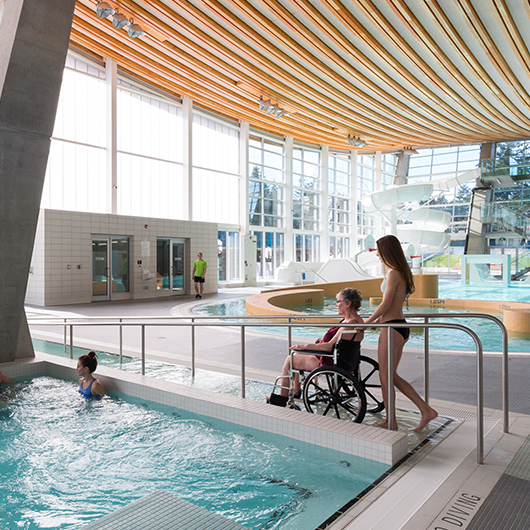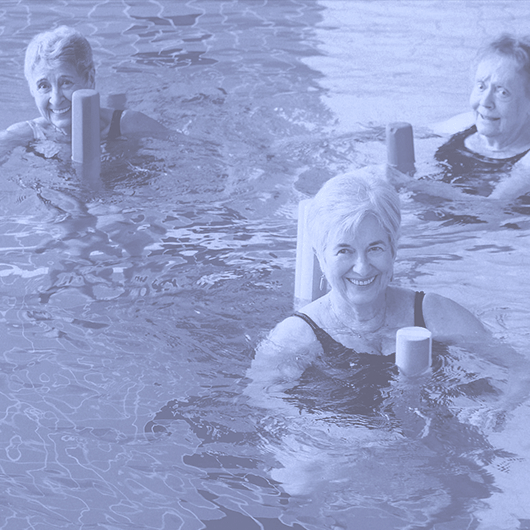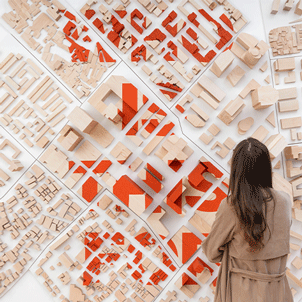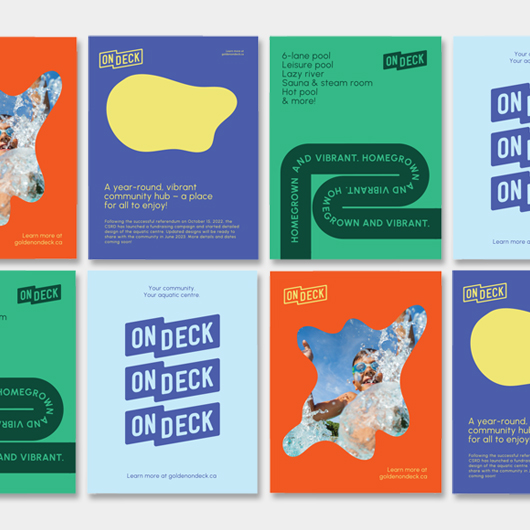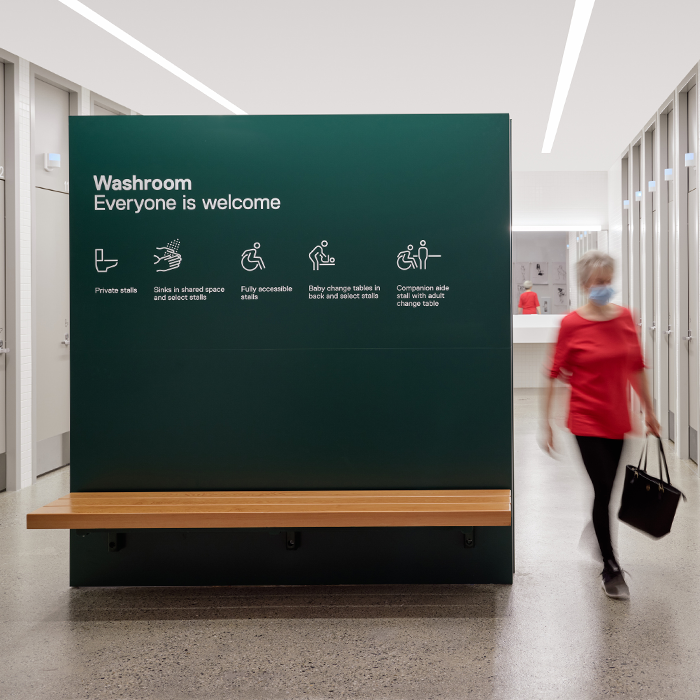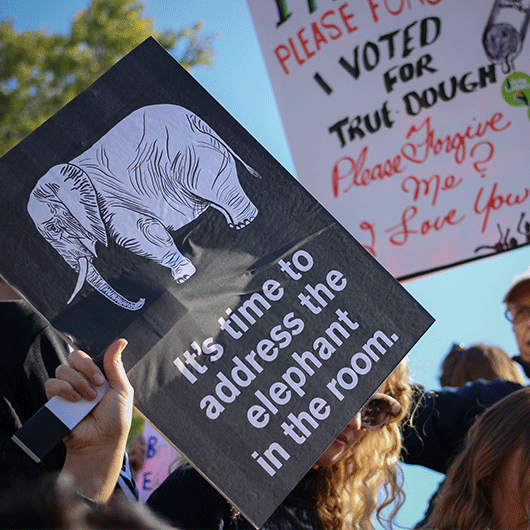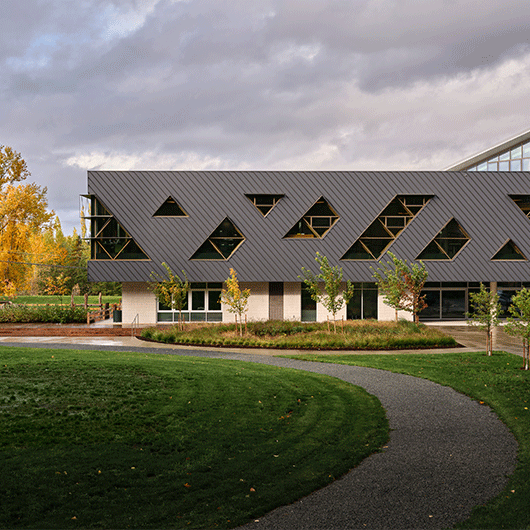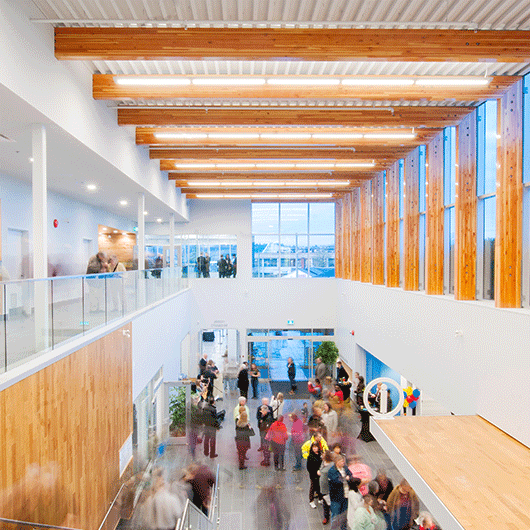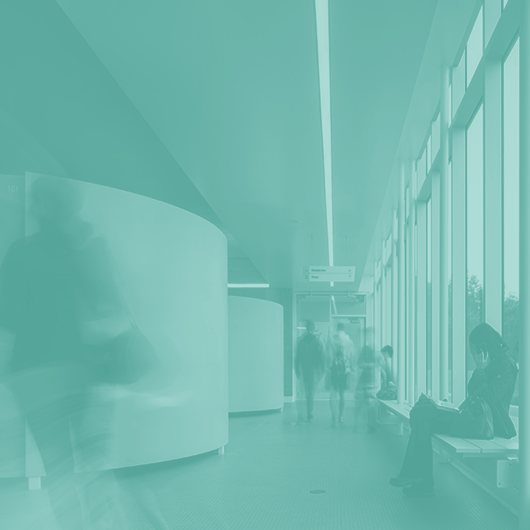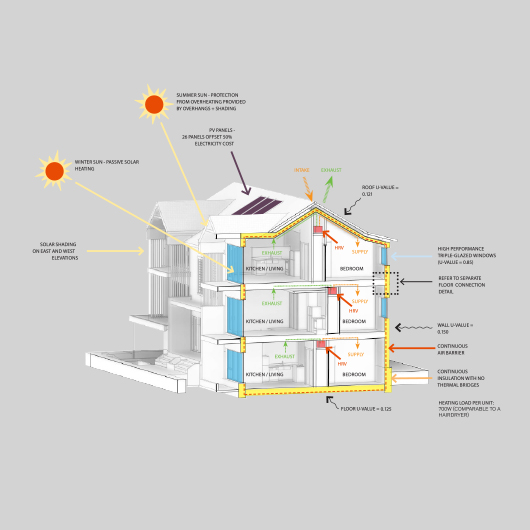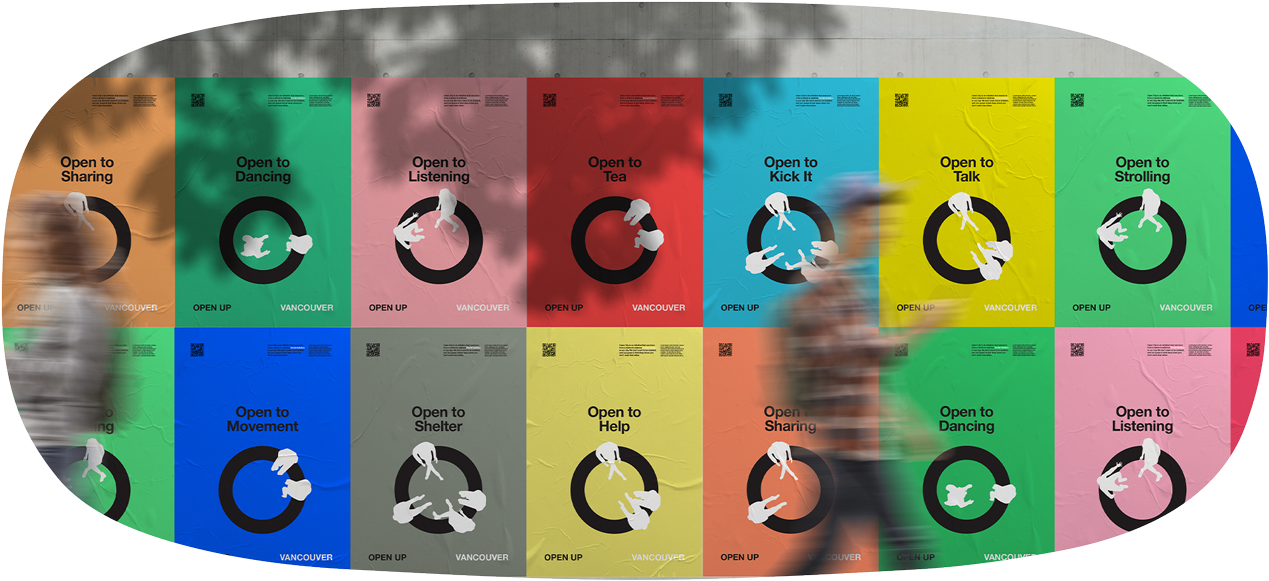
As a society, we’re increasingly understanding the threat that social isolation poses to our health and wellbeing. At hcma, this complex issue is one we’ve been considering through our work for many years.
So, when the Brands for Better Foundation challenged us to create an impactful concept to increase Vancouverites’ sense of belonging, we were excited to get to work.
Understanding the impact of social isolation
While we may know, intuitively, that social isolation has negative impacts, the problem has tangible, adverse implications for both our mental and physical health.
The quality of our relationships, more than any other factor, has been shown to increase good health and longevity, according to Harvard University’s Grant Study, one of the world’s longest-running longitudinal studies on mental and physical wellbeing. Stronger relationships help delay mental and physical decline, while a lack of community has the opposite effect. These consequences are further exacerbated by issues such as racial injustice, economic disparity, marginalization, and the climate crisis.
“Loneliness kills. It’s as powerful as smoking or alcoholism.”
Professor Robert Waldinger, Leader of Harvard University's Grant Study
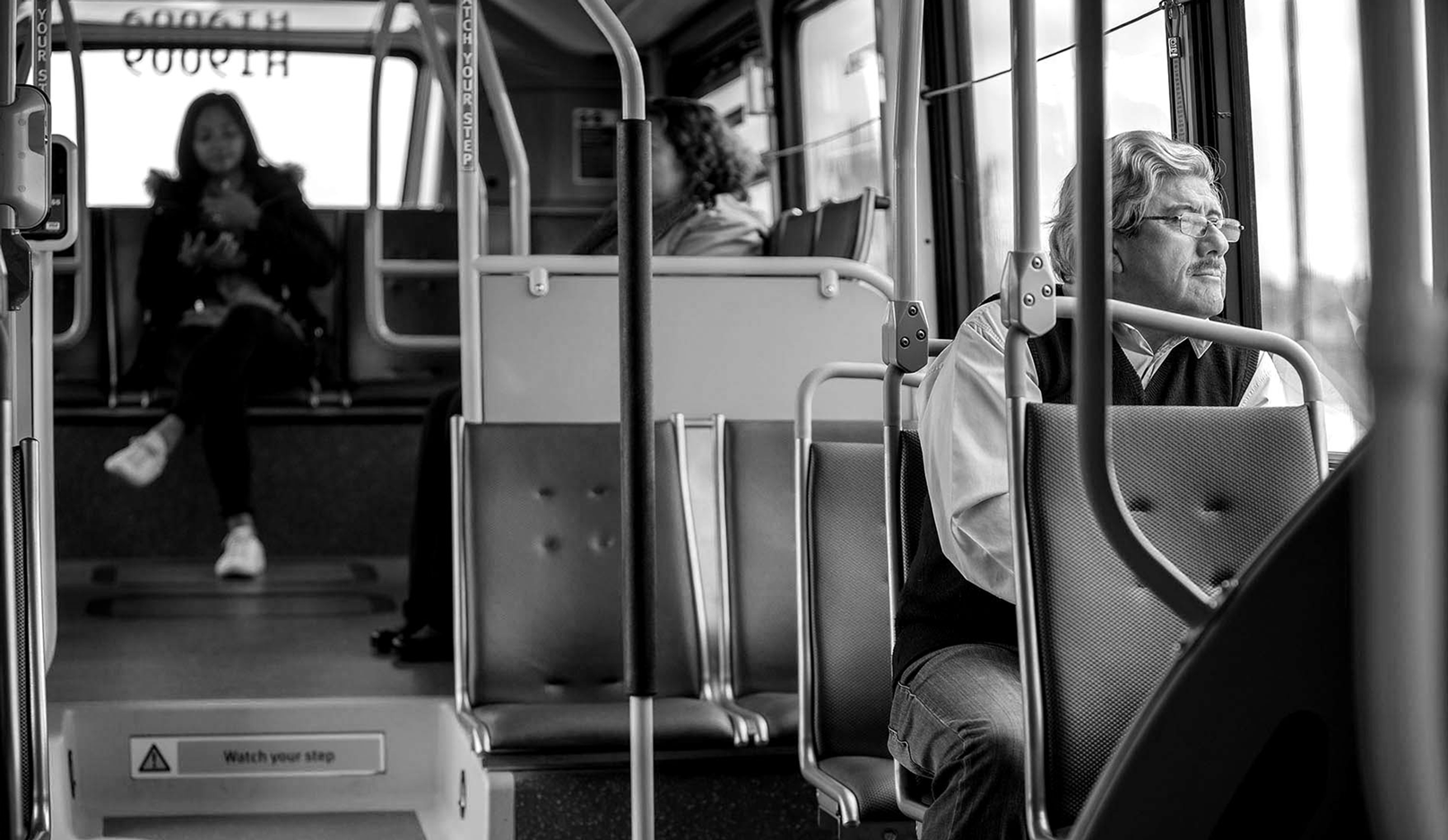
To draw attention to, and combat, this pervasive issue, the Brands for Better Foundation asked participants to address social isolation at this year’s Brand Battle for Good; a two-day conference and design hack-a-thon that brings local creatives together to “battle” against one another and pitch their ideas and real-world strategies to address pressing social issues.
Our thinking
hcma assembled a team of architects, inclusive design advisors, graphic designers, and creatives to tackle social isolation through an interdisciplinary lens, mobilizing our expertise to achieve the greatest possible impact.
The first day of the conference was one of learning, as we gained an understanding of the extent and roots of social isolation in Vancouver. The second day was then spent distilling ideas and tactics into a refined strategy and cohesive pitch.
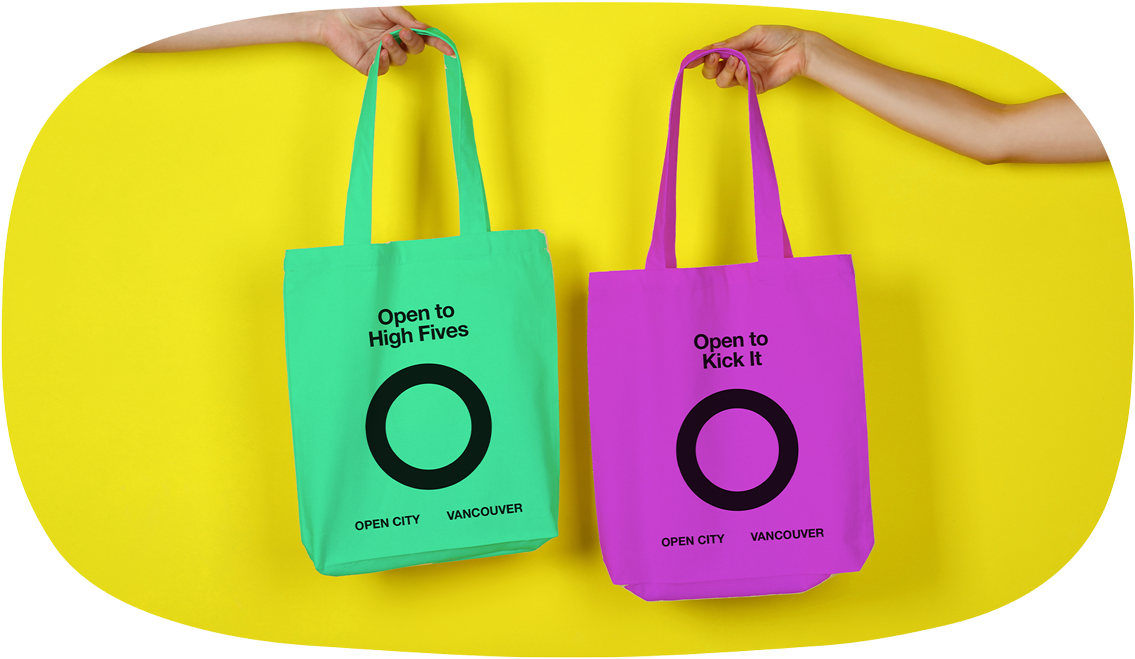
Open Up Vancouver
After years of designing spaces and experiences that encourage people to come together, we drew upon the lessons learned from past work to inform our concept. Our response was a community-wide campaign that encourages all Vancouverites to take part in the social possibilities around them—in other words to “open up”.
The Open Up Vancouver campaign contains three distinct elements.
First, a signal. Branded tote bags are sold in pairs, encouraging purchasers to gift one to someone they know or, ideally, someone they don’t. Carriers wear their hearts on their sleeves, bringing the campaign into the world as a living ethos that travels around the city just as they do. Our vision is that local partners could fund giveaways, filling bags with items of need and gifting them to people who need them. A pay-what-you-can model would also accompany their sales at hcma events.
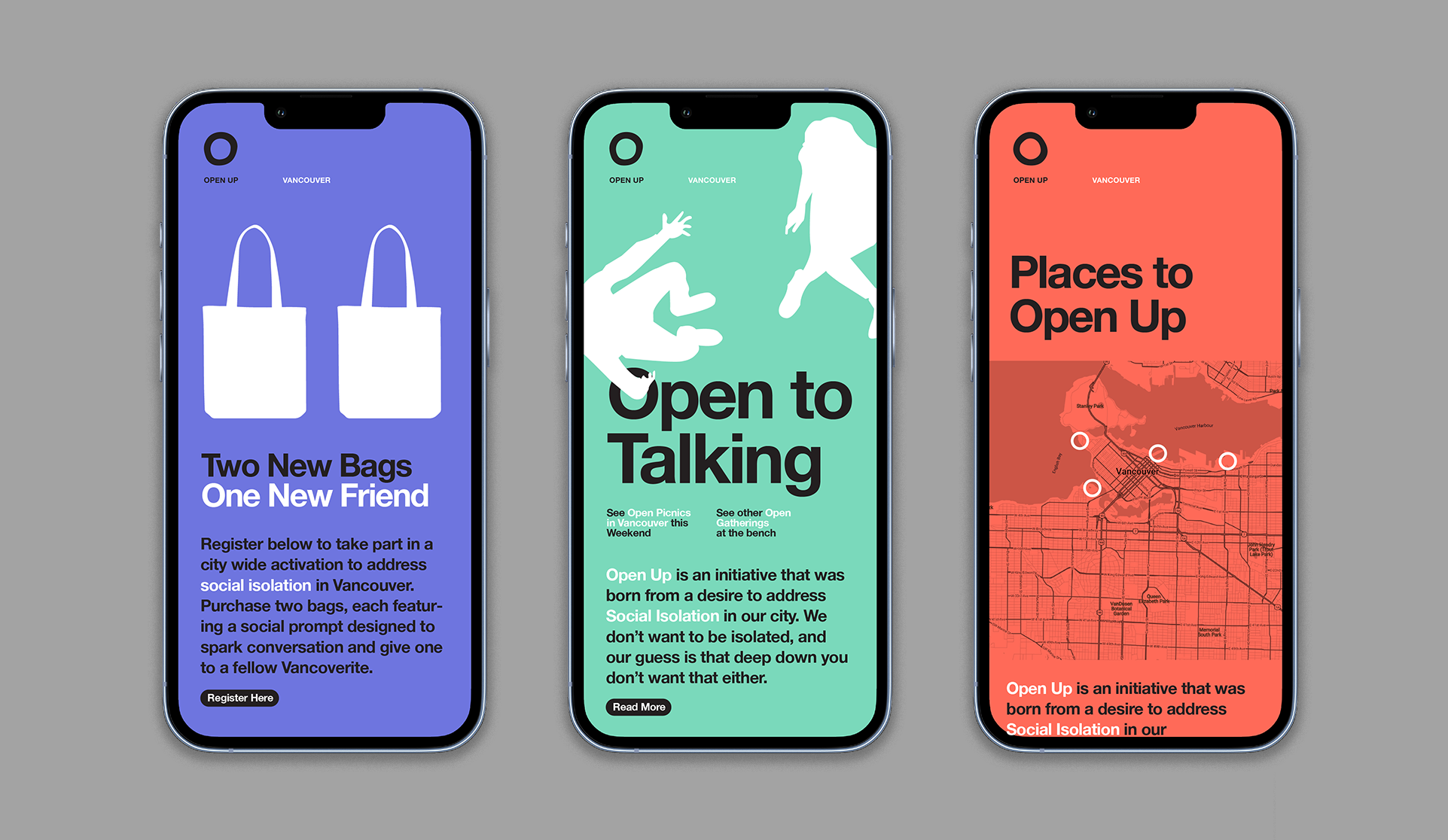
Next, a meeting place. Custom-design benches appear across the city, each one coded with prompts for conversation sourced from the community. These benches create social spaces that community members can adopt and make their own. Their shape – an inflecting circle – acts as an invitation to enter, and orients people to face one another in open conversation. The shape modulates up and down to support sitting and reclining, and is designed to be fully accessible, without any skate-stops or other technologies that would deter someone from lying down. These benches would be placed in communities all over Vancouver, but especially in diverse neighbourhoods that are underserved and marginalized.
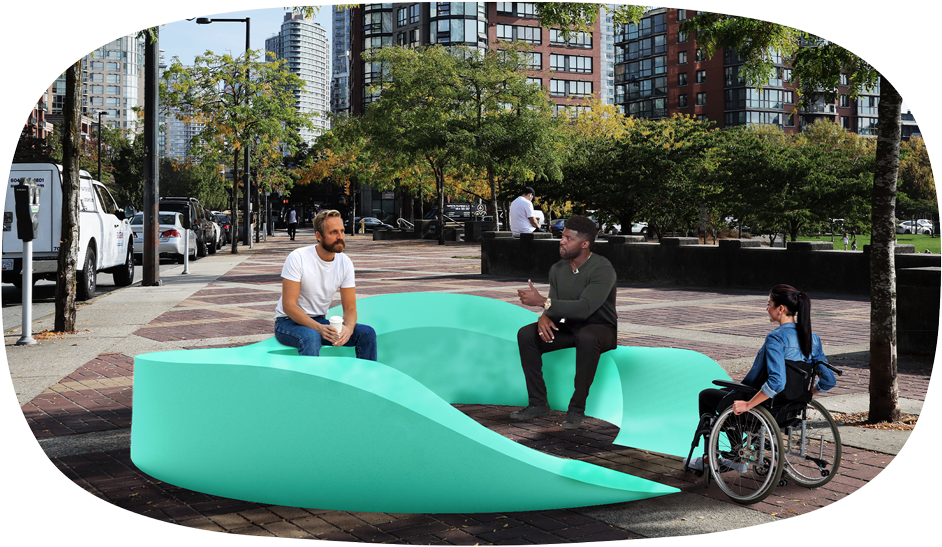
"Open Up Vancouver reflects our team’s strengths and the legacy knowledge we collectively hold across a range of community-focussed projects. Dialling into that experience and expertise in such a short period of time was a bit like being in a pressure cooker! But we're so excited by the result."
Finally, a map. The campaign comes together on a website where people can learn more, discover bench locations, and get involved. It collects input from the community at large, inviting neighbours to become co-conspirators and imagine what might be possible for their own neighbourhoods.
Underpinning the campaign – part of the Brand Battle for Good ‘pitch’ requirement – the team captured a detailed roll-out plan, projected financials, key sponsorship requirements, and a growth strategy for the campaign to expand to other cities so that they too can Open Up.
“Each member of the interdisciplinary team – graphic designers, architects, inclusivity designers – challenged one another throughout the process. It was definitely an opportunity to expand our perspectives, and in doing so craft a powerful concept.”
-Steve DiPasquale, Director of Design
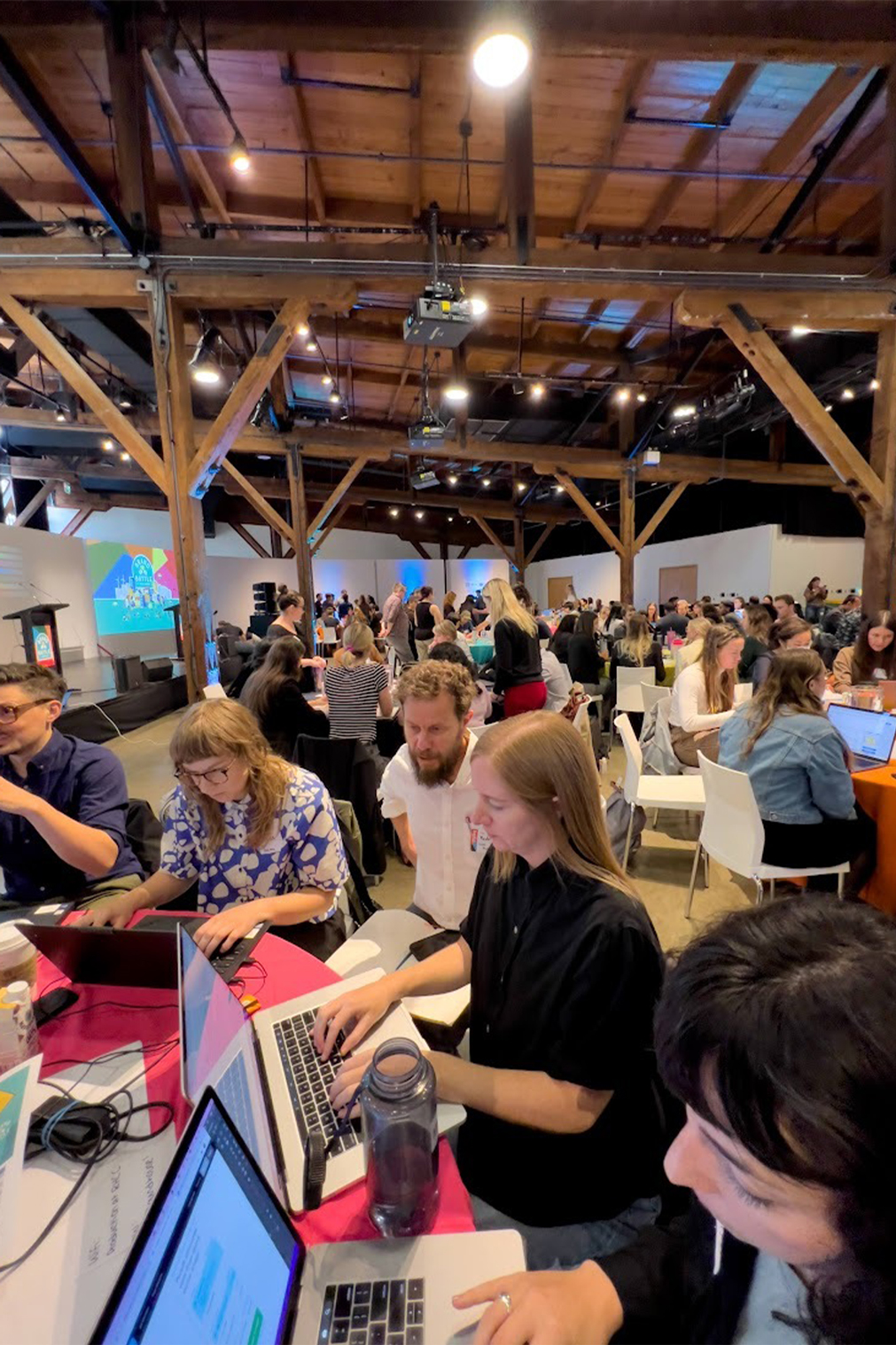
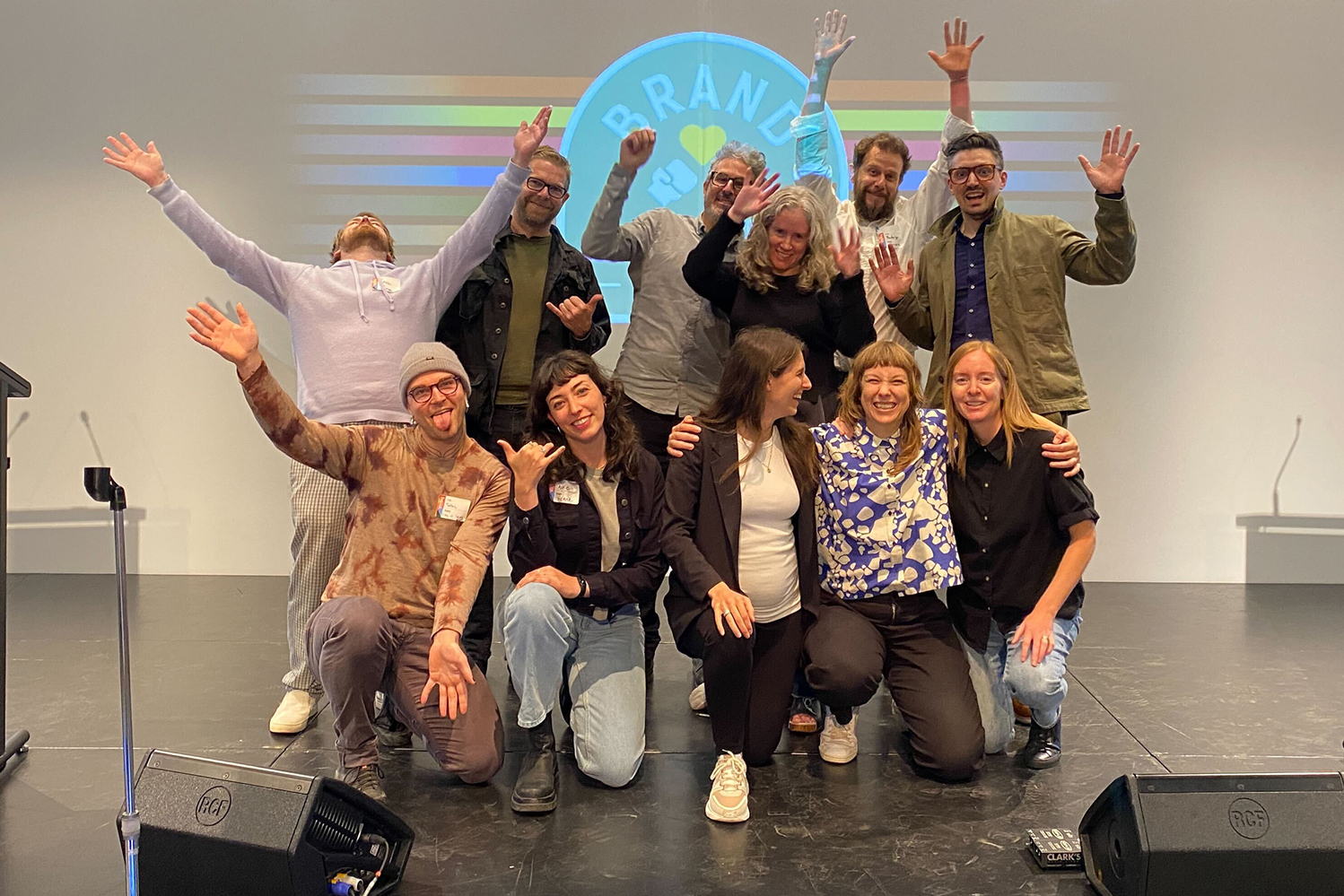
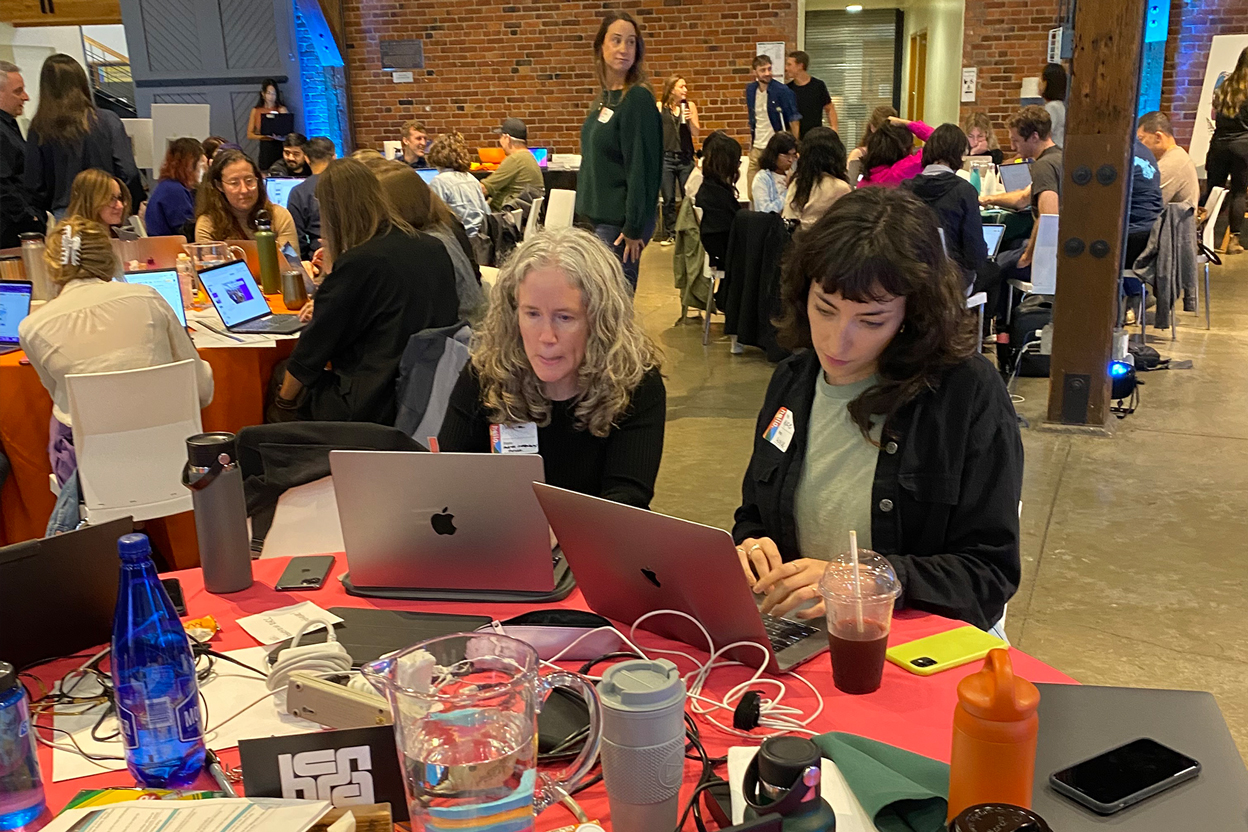
What’s possible?
“Brand Battle gave us an opportunity to explore a question we often ask ourselves in our work: how can we make cities livelier, more socially connected places? The issue of social isolation is complex, and so it's right that Open Up Vancouver comes at it from multiple angles, prompting conversation, reflection, and the coming together in person.”-Melissa Higgs, Principal
As an exercise, this opportunity was a microcosm for the interdisciplinary teamwork that occurs every day within hcma, amplifying the possibilities for positive social impact. With changemakers from communication design, architecture, social impact, and marketing coming together to work as one, we were able to explore a complex problem through a variety of perspectives. This collaborative, curious environment laid the foundation for new ways of thinking.
Open Up Vancouver is still only a concept but it has real potential to elevate the issue of social isolation, bring people together, and improve our community’s wellbeing. It’s ready to come to life too, whether as a full campaign or in smaller ways within our projects. We’ll be exploring what’s next in the coming months.
Our sincere thanks to everyone at the Brands for Better Foundation for facilitating the conversation and a hearty congratulations to all the teams that participated.
Special thanks to hcma staff who participated: Nicolas Dagenais-Lussier, Jer Crowle, Steve DiPasquale, Jessika MacDonald, Rodrigo Cepeda, Alice Rooney, Christine Woolley, Callum McClure, Genevieve Simms.
Design process
